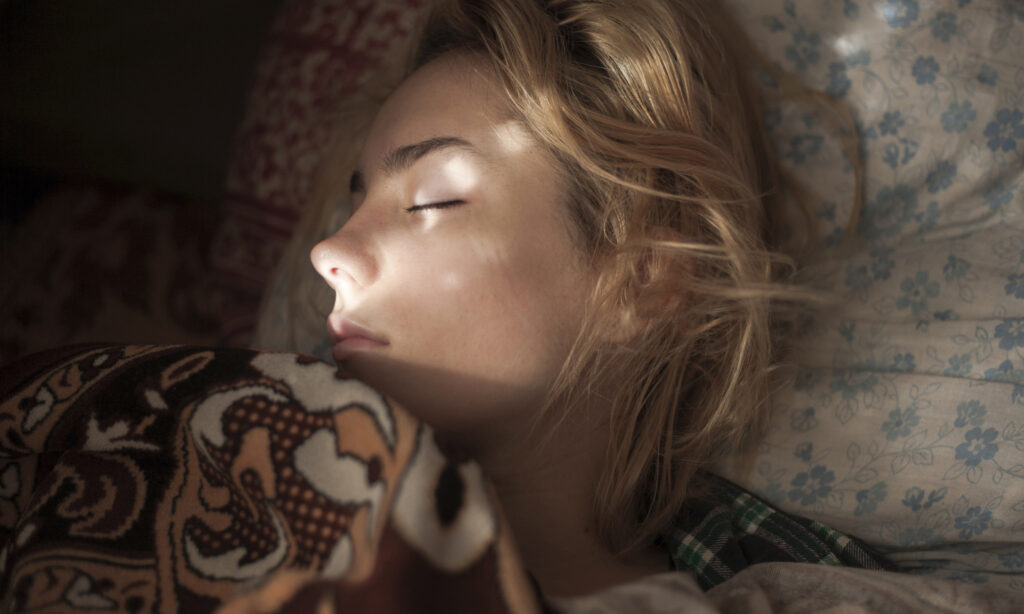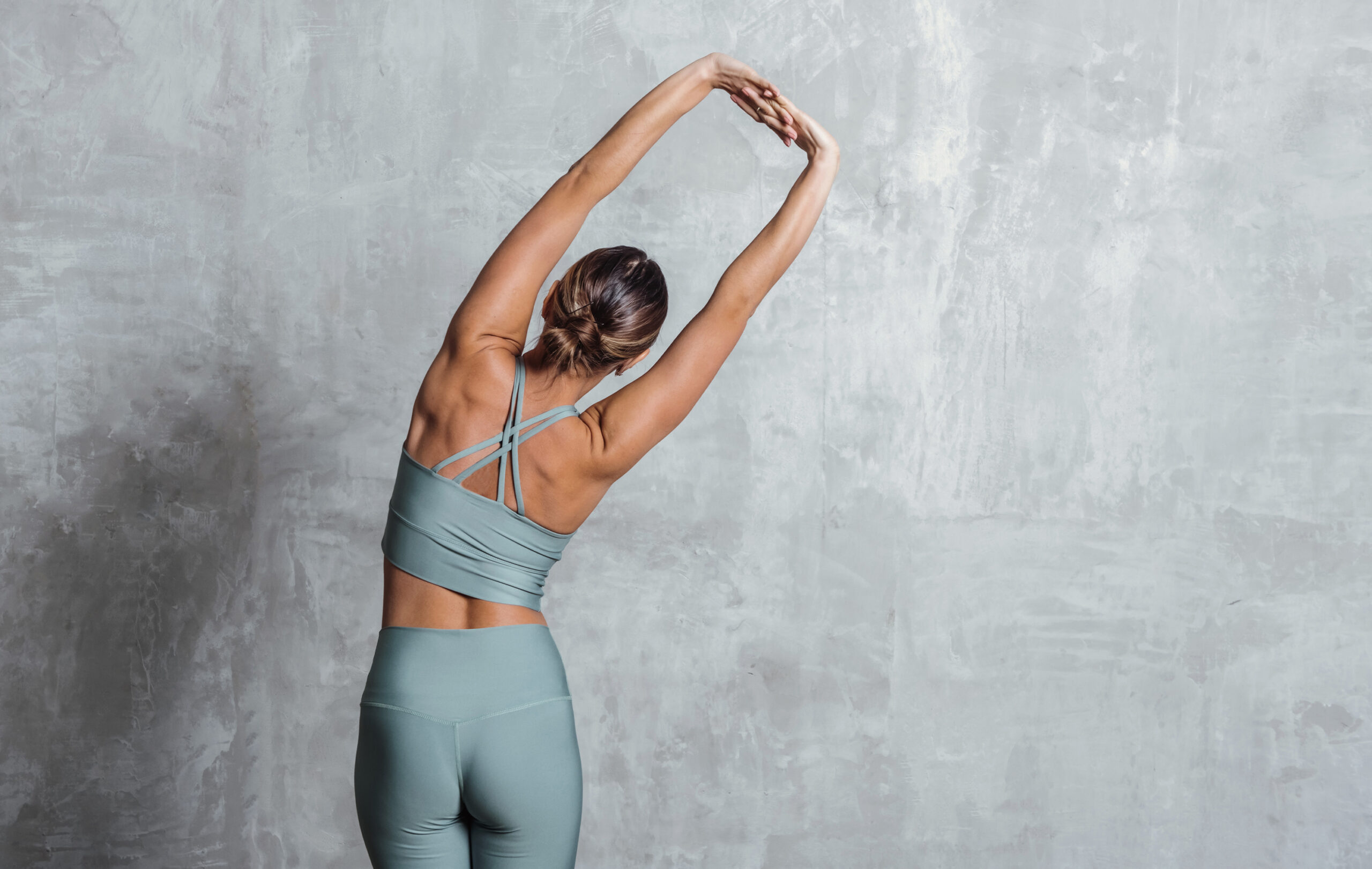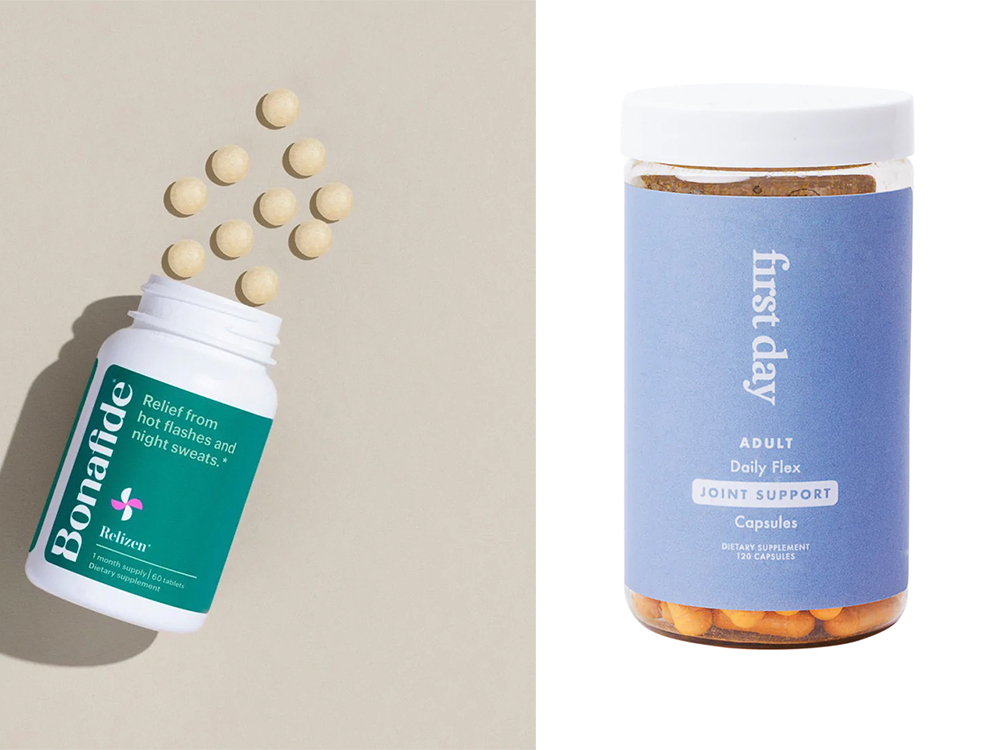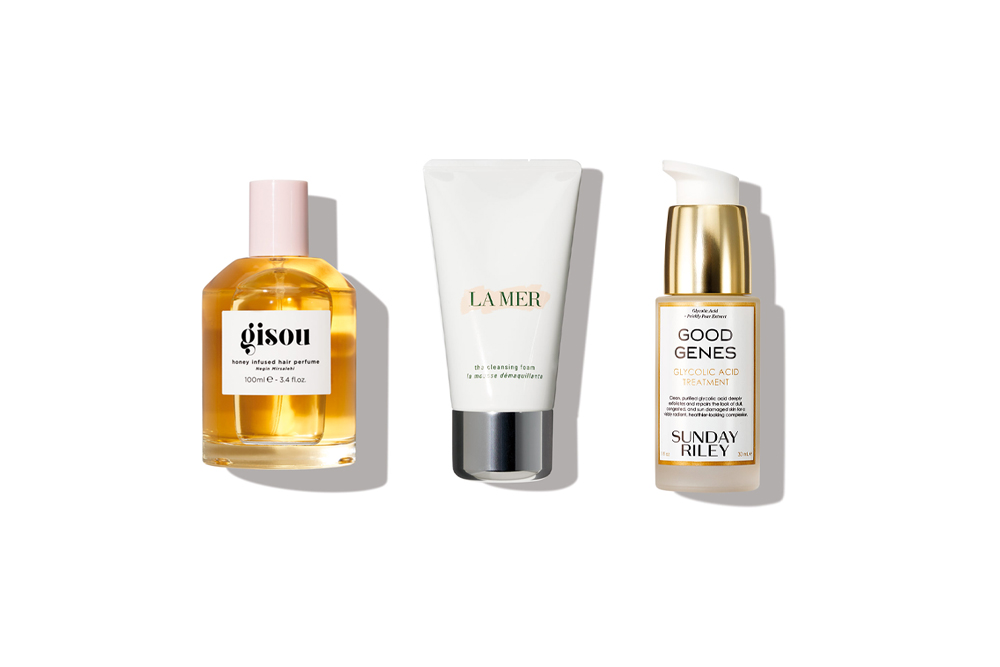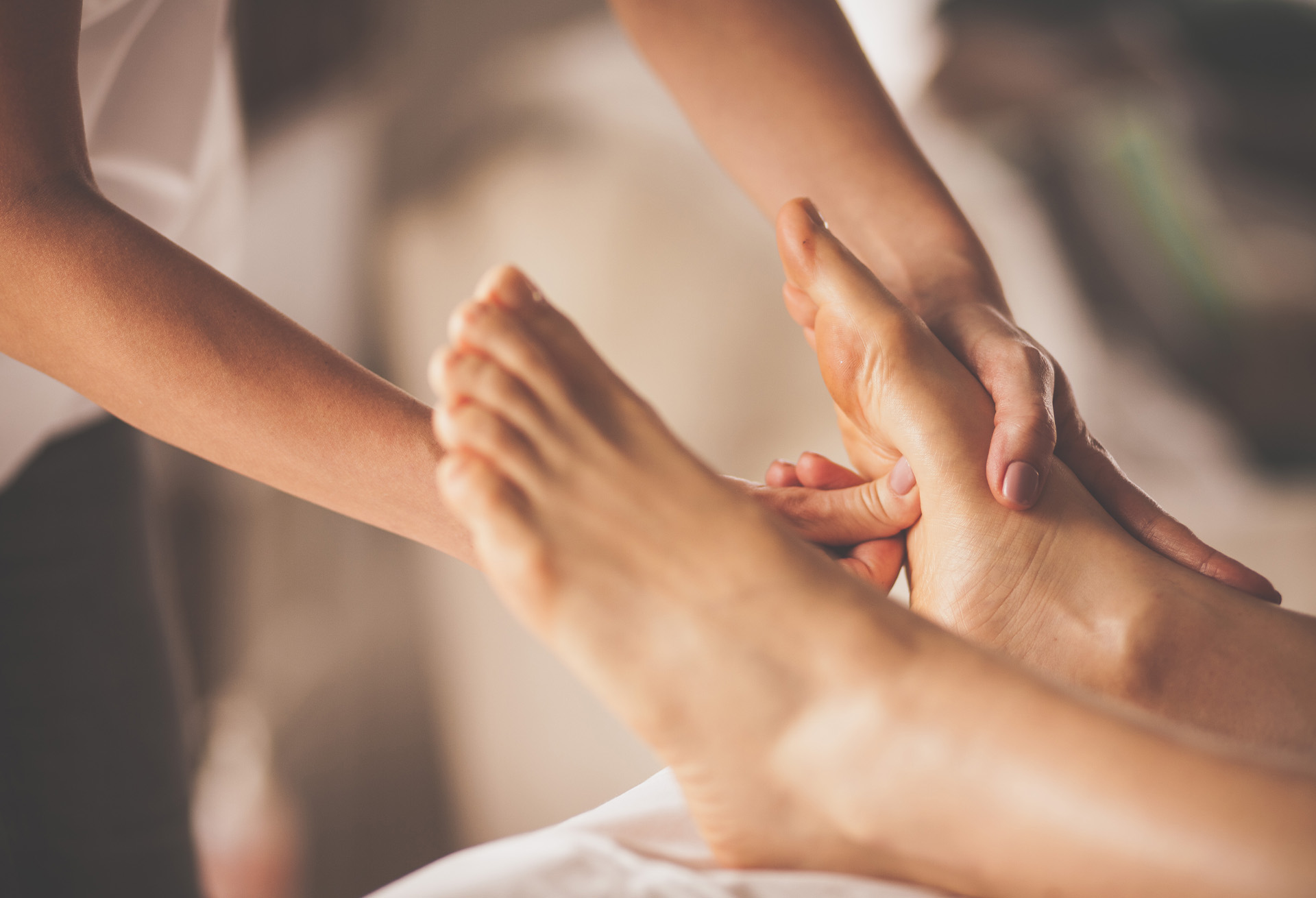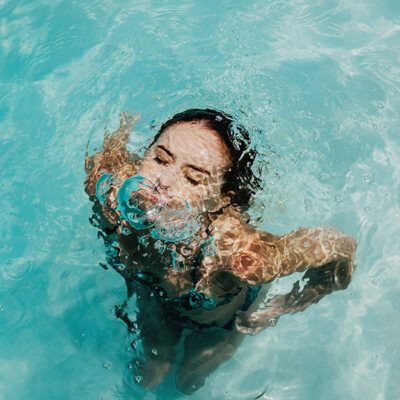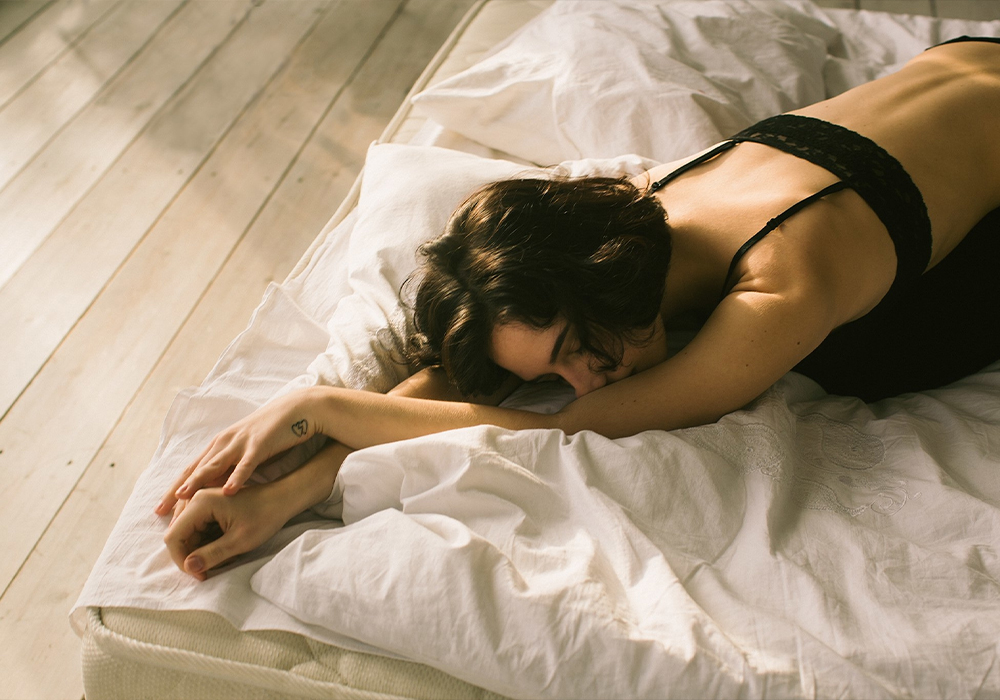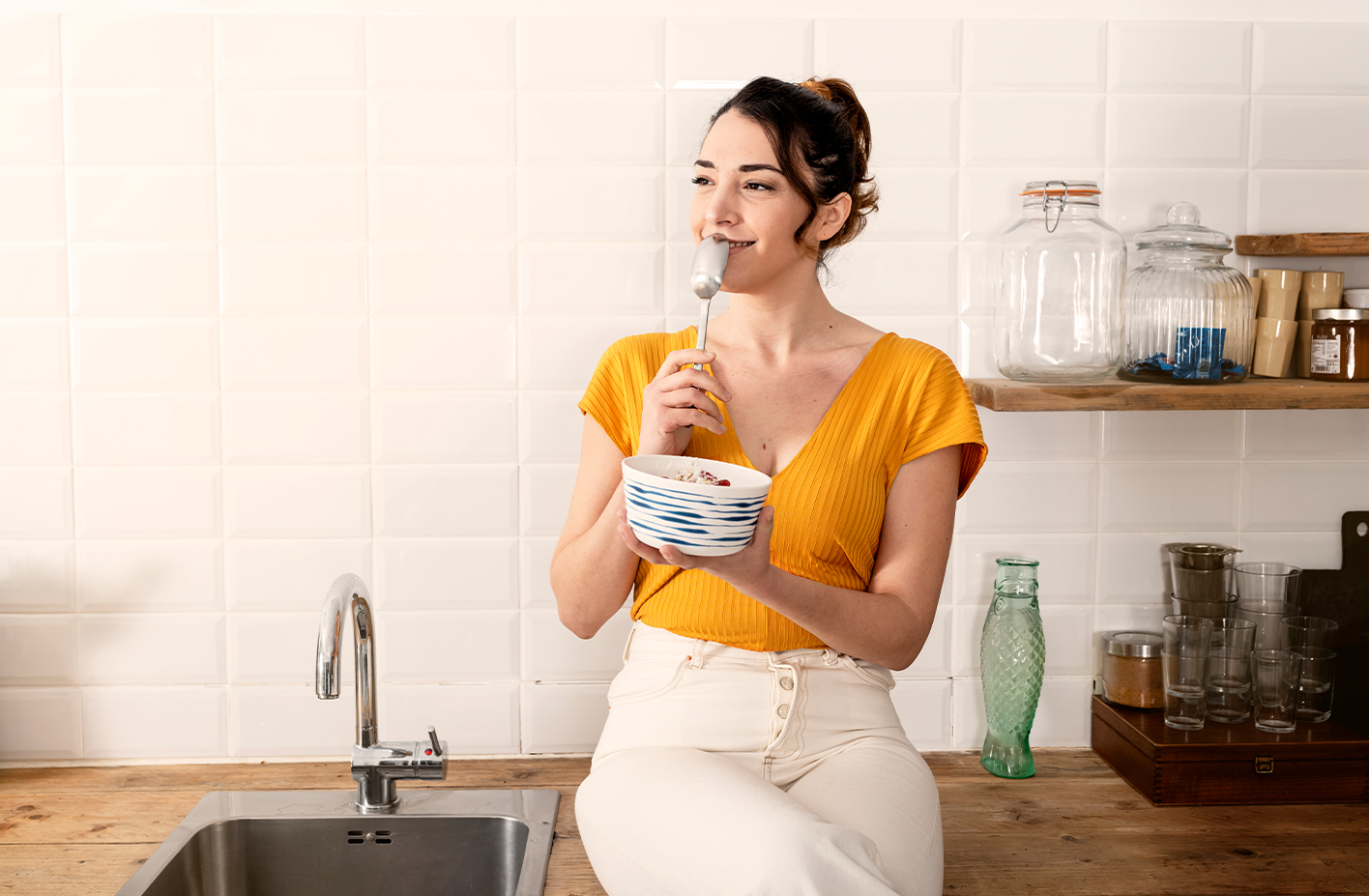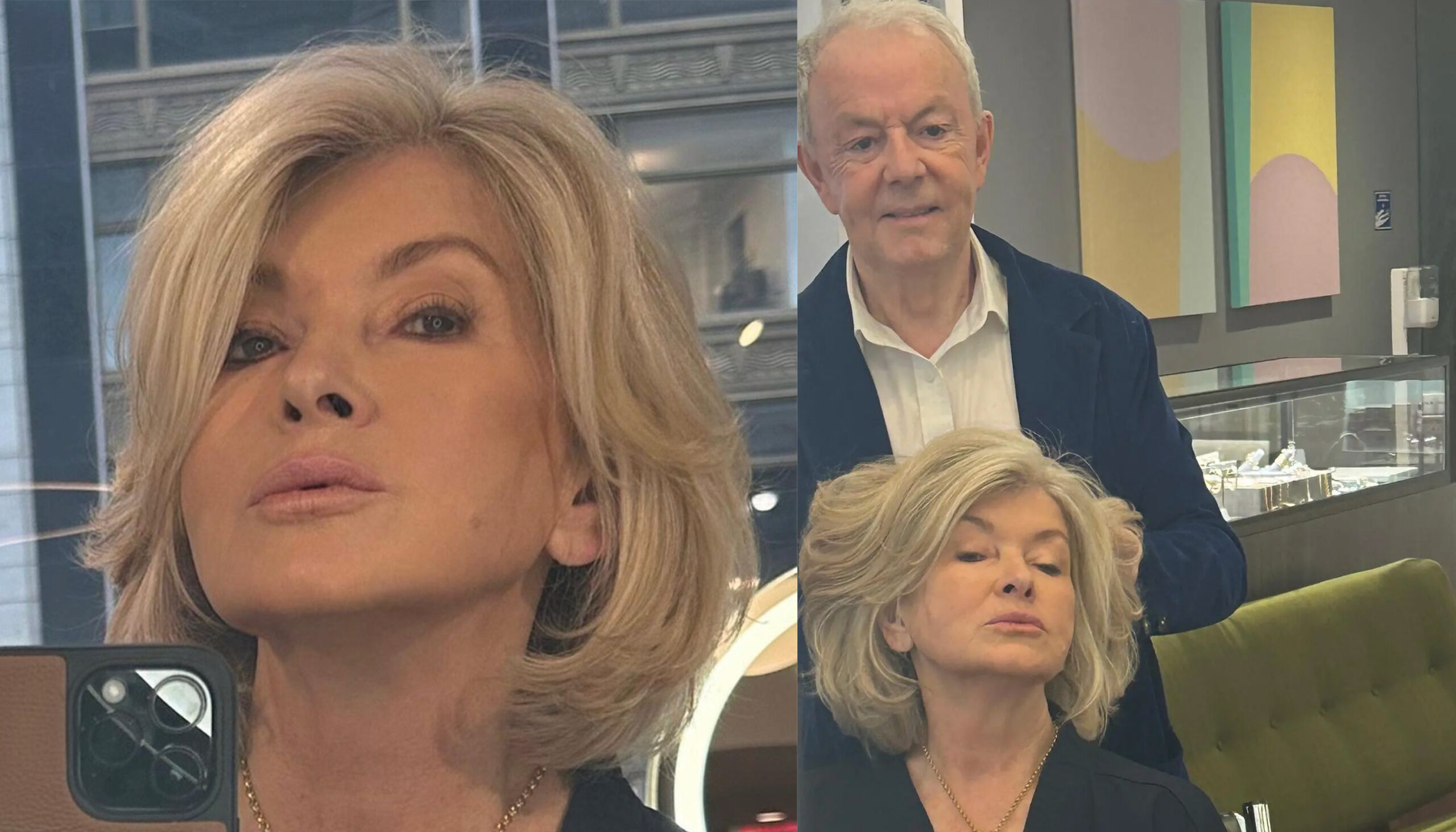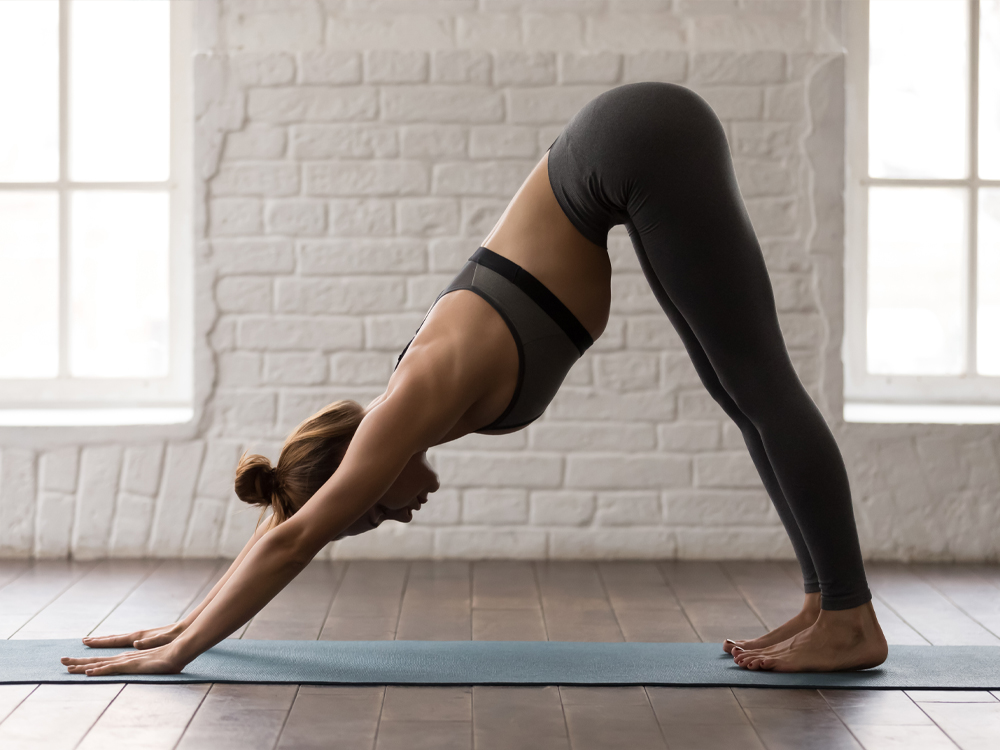Much like the ‘sleepy girl mocktail’ trend that blew up on TikTok earlier this year, mouth taping is the bedtime ritual that has an impressive list of potential benefits. Many people claim the practice can lead to a deeper, more restful beauty sleep and help you wake up with more energy, a brighter complexion, and, over time, even a more chiseled jawline.
So, is it time to start mouth taping? We talked to experts about how it actually works, the potential benefits for sleep and overall health, and tips for first-time mouth tapers.
What is mouth taping and how does it work?
Mouth taping is exactly what it sounds like—taping your mouth shut before bed.
Why do people want to do this? “Taping your mouth before sleep might help you snore less and help you feel like you’re breathing better through your nose,” says Shelby Harris, PsyD, a licensed clinical psychologist and director of sleep health at Sleepopolis.
It’s usually done with skin-safe medical tape or, if you can catch them back in stock, The Skinny Confidential Mouth Tape ($35). Similar to pimple patches in cute colors or shapes, they make the health practice of mouth taping a bit more of an aesthetically pleasing novelty. “The lip shape makes it fun to wear, and there’s a small opening in the middle if you like to take sips of water throughout the night,” says The Skinny Confidential founder Lauryn Bosstick, who decided to create her own mouth tape after noticing the practice helped her sleep deeper and wake up with more energy.
What are the health benefits of mouth taping?
“Using tape to keep your mouth closed while you sleep might encourage you to breathe through your nose instead of your mouth, which can be good for filtering air and getting more oxygen,” says Dr. Harris.
“The nasal passages filter, warm and humidify the air, which helps protect the lungs from pollutants, allergens and cold air,” adds John Whyte, MD, MPH, chief medical officer at WebMD.
“Mouth breathing is also associated with snoring and can increase the risk of sleep apnea, a condition characterized by repeated breathing interruptions during sleep, which can lead to poor sleep quality and fatigue,” Dr. Whyte says. In fact, another big potential benefit associated with mouth taping is that it can help you sleep more deeply, Dr. Harris says, but this isn’t proven by strong scientific evidence.
Mouth taping might also help prevent dental health issues like a dry mouth, which decreases saliva production, explains Dr. Whyte. “Saliva is essential for neutralizing acid and helping to clean the teeth and gums—so a reduction can increase the risk of tooth decay, gum disease and bad breath.”
Overall, the health benefits of mouth taping remain mostly anecdotal. One small study showed 30 patients snored less after mouth taping, but most studies on mouth taping involved a small number of participants or showed inconclusive results.
What about the beauty benefits?
The beauty benefits of mouth taping also remain anecdotal, but there are many compelling first-person accounts. Bosstick says she noticed a big difference in her face after two months of consistent mouth taping. “My jaw was stronger and more defined, and the whites of my eyes were whiter,” she says. “Mouth taping keeps your tongue and jaw in place overnight, leading to stronger facial muscles.”
It’s true that chronic mouth breathing, particularly in children, can affect facial development, Dr. Whyte says. However, “the transition from mouth breathing to nose breathing (potentially encouraged by mouth taping) doesn’t necessarily reverse these changes or lead to significant alterations in bone structure or muscle definition in adults.”
As for brighter eyes, “Better sleep could reduce under-eye puffiness and dark circles, making the eyes appear brighter and more alert,” Dr. Whyte says. Plus, improved sleep—potentially as a result of mouth breathing—can also have positive effects on your complexion, helping skin to look clear and glowy. Plus, there’s evidence that mouth breathing causes us to lose more water while we sleep, which could lead to dehydration that shows up in our skin, too.
Is mouth taping safe?
“It’s very important to check with your doctor before trying it, as it may not be the most safe or effective practice for everyone,” Dr. Harris cautions. “People with sleep disorders (i.e. sleep apnea), pre-existing respiratory conditions (i.e. asthma), or those who are uncomfortable with the practice are probably better off skipping mouth taping.”
“It’s crucial to ensure that the tape doesn’t cause discomfort or anxiety and that you can easily breathe through the nose with the tape in place,” Dr. Whyte says.
Tips for trying mouth taping
Once your doctor has given the OK, there are a few tips to keep in mind.
“The tape used should be specifically designed for this purpose, gentle on the skin, and easy to remove,” Dr. Whyte says. (This can take some getting used to, Bosstick says.)
Dr. Harris suggests applying it with some slack (not too tight over your mouth), which can make you feel uncomfortable and anxious. Try short sessions during the day in the beginning and work your way up to using it through the night, Dr. Harris says. She cautions that if it starts to negatively impact your sleep quality, you should stop mouth taping and talk to your doctor.
